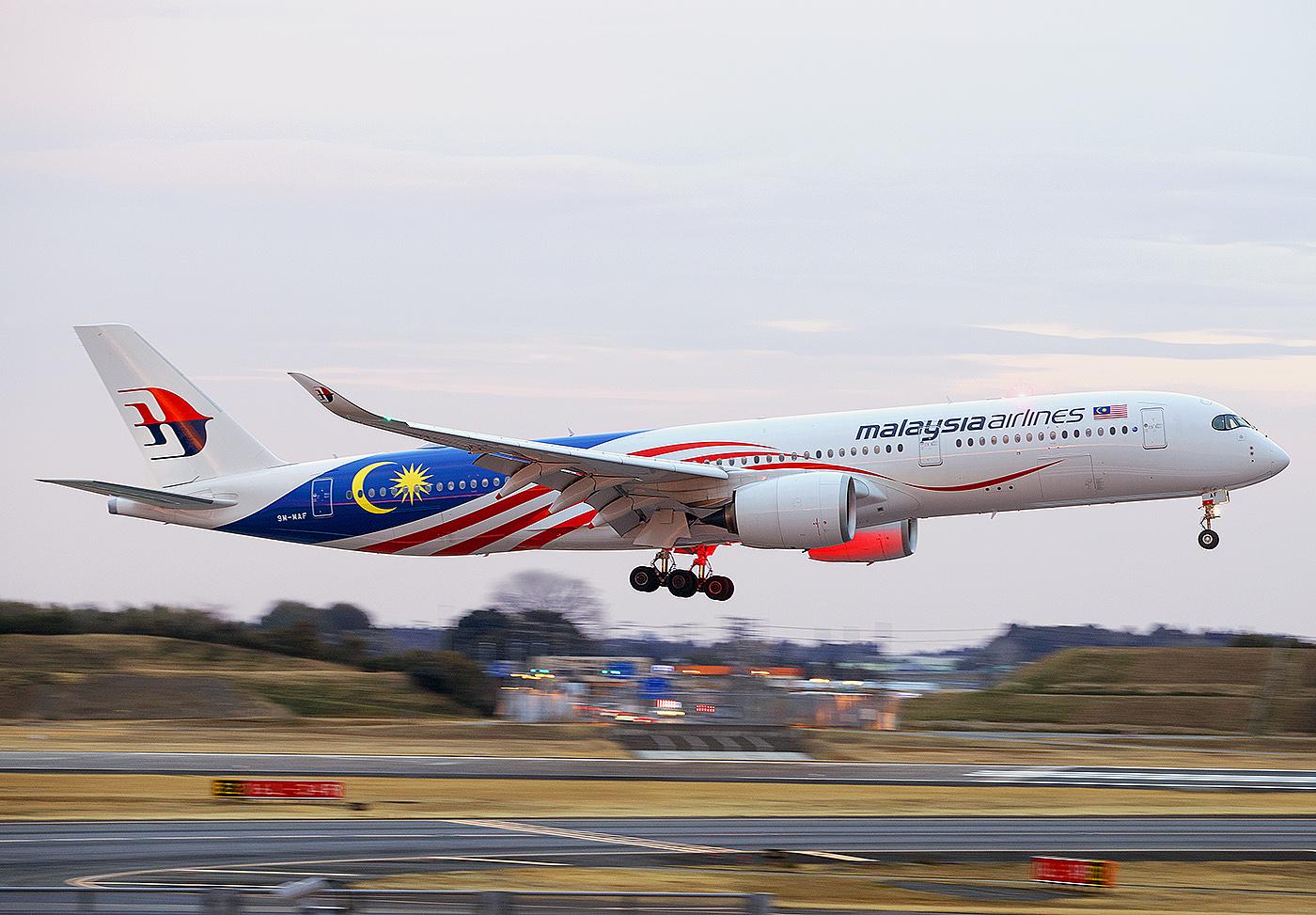
The Malaysian Aviation Commission (MAVCOM) is urging aviation stakeholders to only seek financial help from Malaysia’s government “as a last resort” with fiscal resources stretched amid the COVID-19 crisis.
In a comment piece, MAVCOM said that airlines must exhaust other funding options prior to asking the government for help. The regulator reminded the industry that the main objective of the government is to maintain essential air connectivity and protect the sector’s 50,000 affected employees rather than propping up the commercial performance of airlines.
Citing its continuous financial aid to the underperforming Malaysia Airlines as an example, it cautioned that through further bailouts the government might risk “moral hazard” and prolong inefficiencies, preventing the industry from taking “difficult but necessary measures.” MAVCOM suggested the government would have “little appetite” to aid other carriers given the poor returns on its investments in Malaysia Airlines over the years.
MAVCOM added that it is aware of reported discussions between Malaysia Airlines and LCC AirAsia regarding a potential merger and posited that the COVID-19 pandemic might be another reason for the merger talks to proceed. Any merger must adhere to Act 771 and be approved by MAVCOM, the regulator reminded them, and cannot compromise competition in the aviation market.
MAVCOM believes a merged airline would have a monopoly over the domestic market and have undesired consequences that would distort the market in the long run, such as higher airfares, reduced frequencies and a deteriorated service.
As an alternative, the regulator suggested the government liberalize foreign ownership rules. MAVCOM argued that “ownership liberalization is not an unusual policy response during periods of crises,” noting Malaysia had already relaxed foreign ownership in the telecommunications industry during the 1997 Asian Financial Crisis.
Citing foreign-owned flag carriers Austrian Airlines, Brussels Airlines and Swiss International Air Lines—all subsidiaries of Germany’s Lufthansa—as examples, MAVCOM said if the government adopted a similar policy, Malaysia’s aviation sector would benefit.
Liberalization “allows industry players to access a wide range of funding sources from the local and international capital markets,” MAVCOM said. “This could address both the capitalization and liquidity challenges that industry players and especially airlines are currently facing.”
The regulator added that effective oversight would be needed should such a policy be implemented to “ensure players are not abusing their liberalization rights.”
MAVCOM estimates the country’s passenger traffic will contract between 36.2% and 38.1% in 2020, revised from the 4.6% to 5.7% growth initially expected prior to the coronavirus outbreak. Malaysia had 109.2 million passengers in 2019. That is now expected to drop to 67.7 million.
As of March 26, 7.3 million seats had been canceled by Malaysian carriers so far. A further 6.7 million seats to the country had been scrapped by foreign carriers. Both numbers accounted for 8.6% and 24.5% of planned 2020 capacity respectively.





